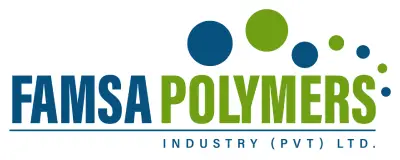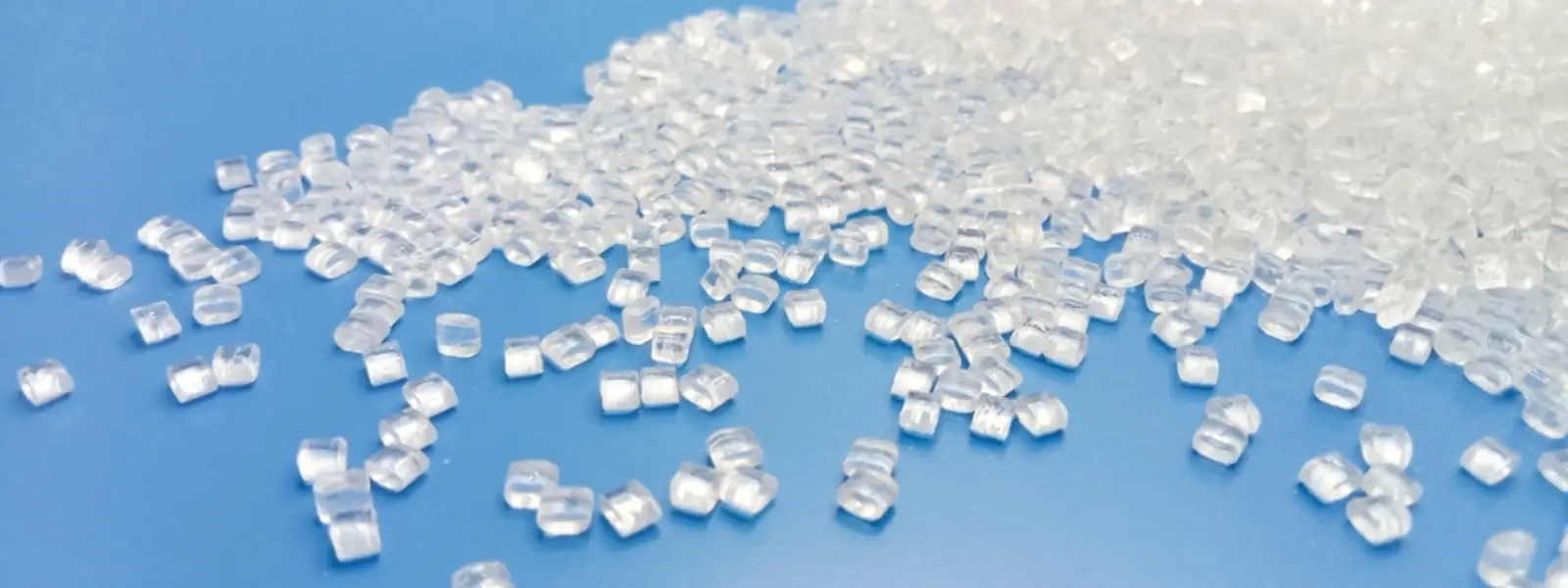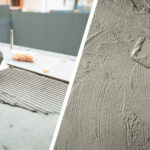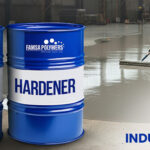Have you ever started a project and felt overwhelmed by all the material choices out there? If you’re working with resins, you’ve probably come across polyester resin vs epoxy resin—two of the most widely used options in industries. But how do you know which one is the right fit for your specific needs? Don’t worry—we are here to help! In this blog, we’ll break down the key differences, advantages, and best applications of each resin so you can make the best choice for your next project. Let’s dig in!
What is Polyester Resin?
Polyester resin is a synthetic resin made from polyester and a curing agent, typically methyl ethyl ketone peroxide (MEKP). It is widely used for fiberglass products, boat repairs, and mold-making. This resin is known for being affordable, fast-curing, and easy to work with.
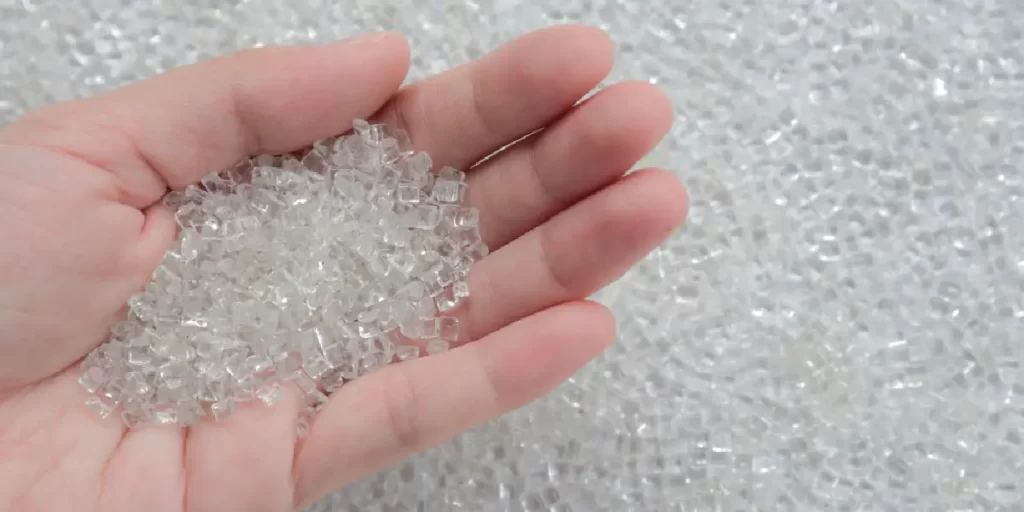
Advantages of Polyester Resin
Polyester resin is a popular choice for a variety of projects. Here are some of the polyester resin uses and benefits:
- Affordable
One of the biggest reasons polyester resin is popular is its low cost, making it an excellent choice for large-scale projects where budget is a concern.
- Fast Curing
It hardens quickly, often within 10-30 minutes, making it ideal for projects with tight deadlines.
- Good for Large-Scale Projects
It is commonly used in automotive, marine, and construction applications, as well as general repair work.
- Works Well with Fiberglass
Polyester resin bonds well with fiberglass, making it great for boats, cars, and structural applications.
- Easily Sandable
Once cured, polyester resin can be sanded and shaped easily, which makes it a preferred choice for finishing work.
- UV Resistant
Unlike epoxy resin, polyester resin has better resistance to UV rays, making it ideal for outdoor applications.
- Heat Resistant
It can withstand moderate heat exposure, making it suitable for applications that require heat tolerance.
- Chemical Resistance
Polyester resin offers good resistance to certain chemicals, making it suitable for industrial applications.
- Versatile Applications
Used in everything from boat building, surfboard construction, and car repairs to casting and artistic projects.
What is Epoxy Resin?
Epoxy resin is made by mixing an epoxide resin with a hardener (curing agent). It is known for its strong bonding ability, durability, and water resistance. Epoxy resin manufacturers in Pakistan produce high-quality resins that are commonly used in flooring, coatings, jewelry making, and carbon fiber applications.
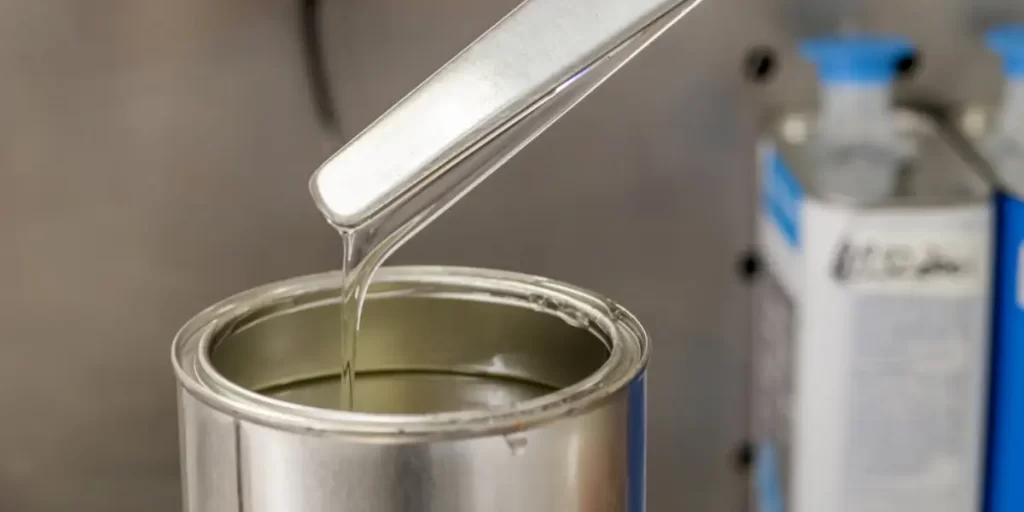
Advantages of Epoxy Resin
Epoxy resin in Pakistan is a versatile material prized for its strength, durability, and adhesive properties. Here’s a breakdown of its key advantages:
- Superior Strength and Durability
It is remarkably stronger and more resistant to impact, wear, and stress compared to polyester resin.
- Excellent Adhesion
Epoxy bonds well with different materials, including wood, metal, concrete, fiberglass, ceramics, and plastics, making it ideal for different applications.
- Water and Chemical Resistance
Epoxy resin is highly resistant to moisture, solvents, and harsh chemicals, making it perfect for marine, industrial, and automotive applications.
- Low Shrinkage
Unlike polyester resin, epoxy resin has minimal shrinkage during curing, ensuring precise and stable results.
- Clear and Glossy Finish
Epoxy provides a high-gloss, crystal-clear finish, making it perfect for artwork, jewellery, river tables, and countertops.
- High Thermal Resistance
Epoxy can withstand higher temperatures, making it ideal for heat-resistant coatings, industrial molds, and electrical applications.
- Customizable Formulations
Different hardeners and additives allow customization of cure time, flexibility, and viscosity for specific project requirements.
- Electrical Insulation
Epoxy resin in Pakistan has superior electrical insulating properties, making it widely used in electronics and electrical component encapsulation.
- Longer Working Time
Unlike polyester resin, epoxy provides a longer pot life, allowing for detailed work and adjustments before it hardens.
Which Resin Should You Choose?
The best choice depends on your project’s needs. Let’s look at common applications:
Choose Polyester Resin If:
- You are working on large-scale fiberglass projects like boats, cars, or roofing.
- You need a budget-friendly option.
- You need a resin that cures quickly.
- Your project does not require high durability or strong bonding.
Choose Epoxy Resin If:
- You need strong adhesion for materials like wood, concrete, and metal.
- Your project requires high durability and water resistance (e.g., marine applications, tabletops, flooring).
- You are working on art, jewellery, or furniture coatings that need a clear, glossy finish.
- You don’t mind a longer curing time for a stronger, more reliable result.
Long Story Short
Both polyester resin and epoxy resin have their unique strengths and weaknesses. If you need an affordable, fast-curing option for large fiberglass projects, go with polyester resin. However, if you need superior strength, durability, and adhesion, epoxy resin is the better choice. When deciding which resin is better – epoxy or polyester, it ultimately depends on your specific project requirements. Understanding the difference between epoxy and polyester resin will help you choose the right one for your project. No matter which one you pick, always follow safety guidelines and proper application techniques for the best results!
